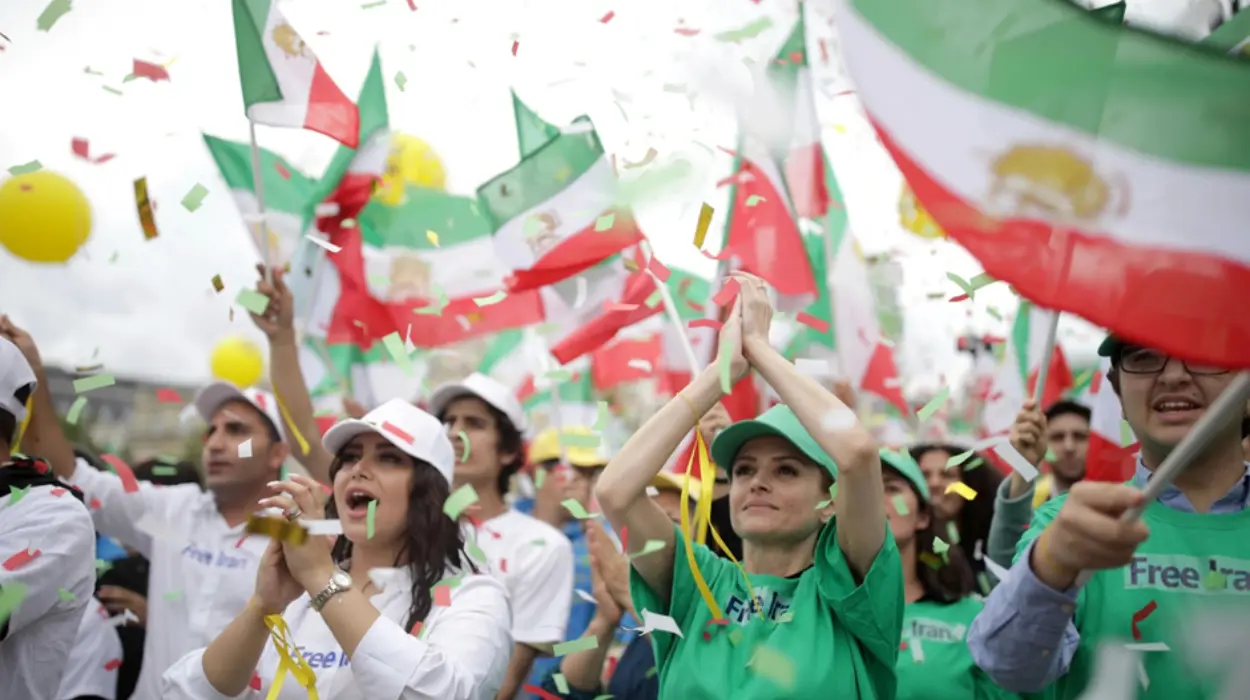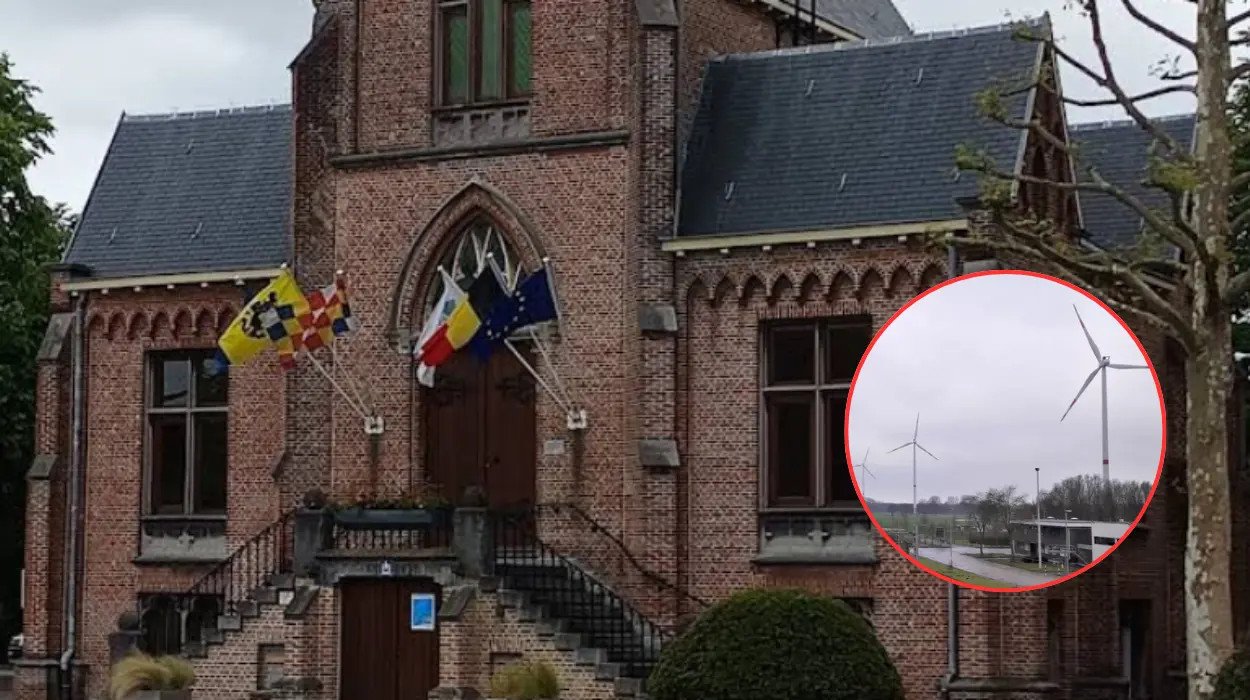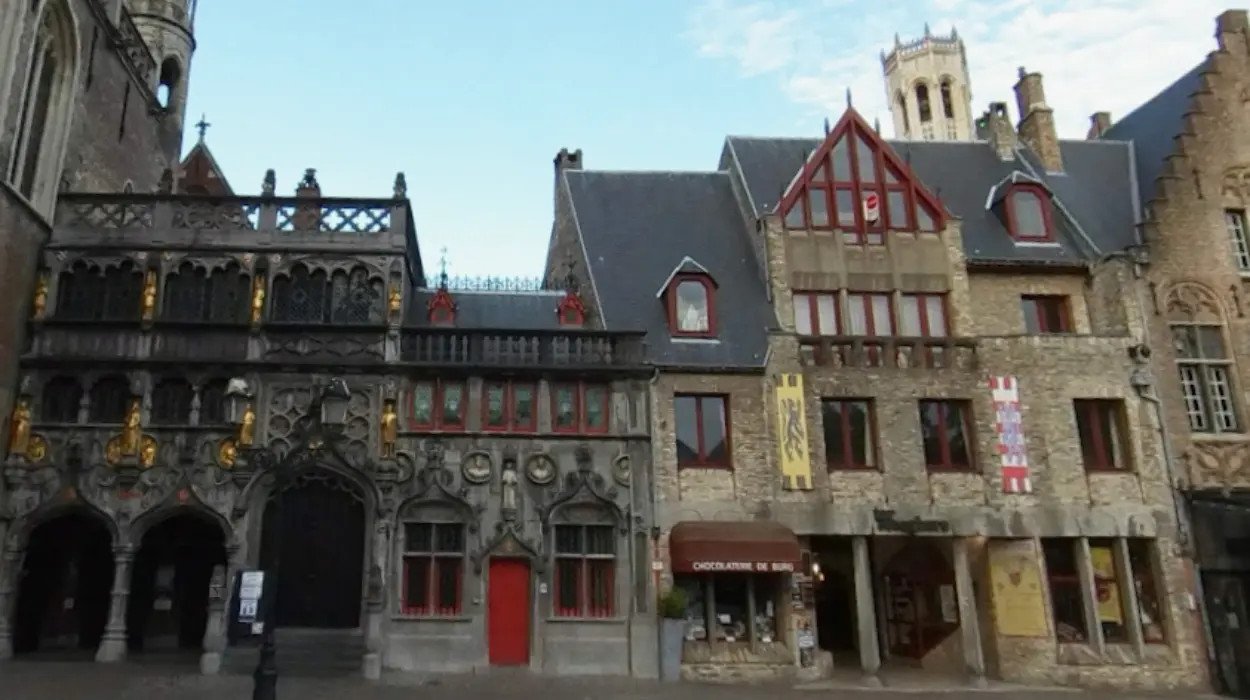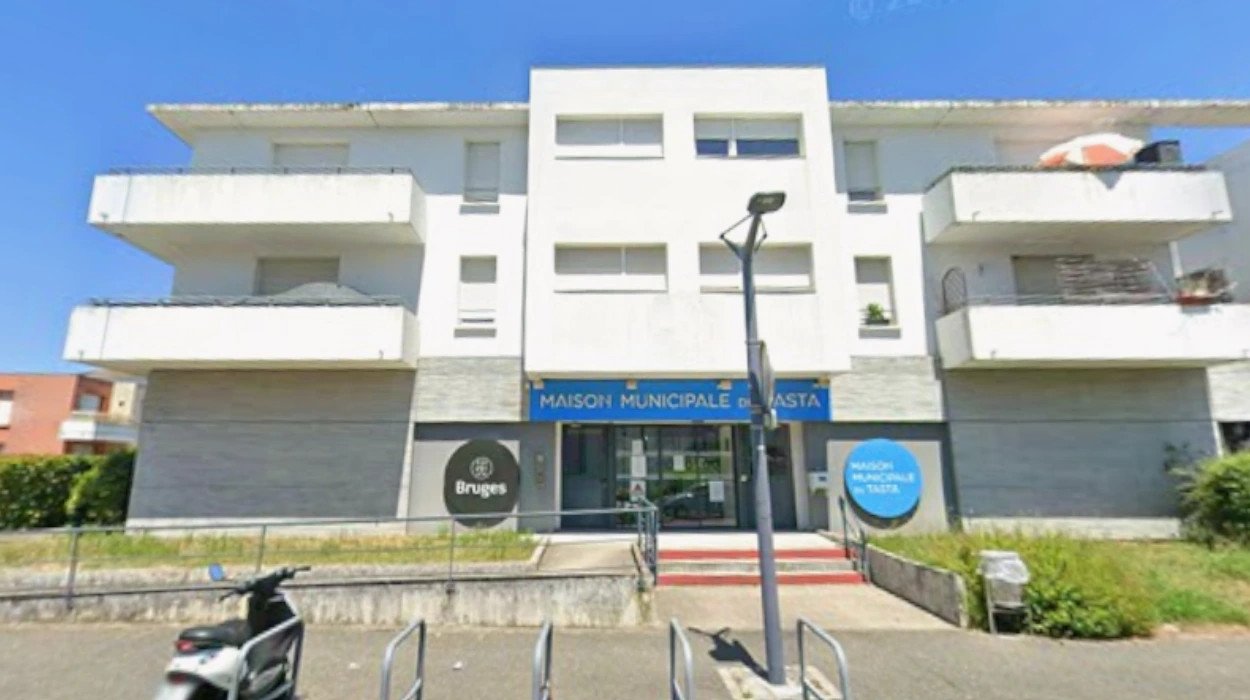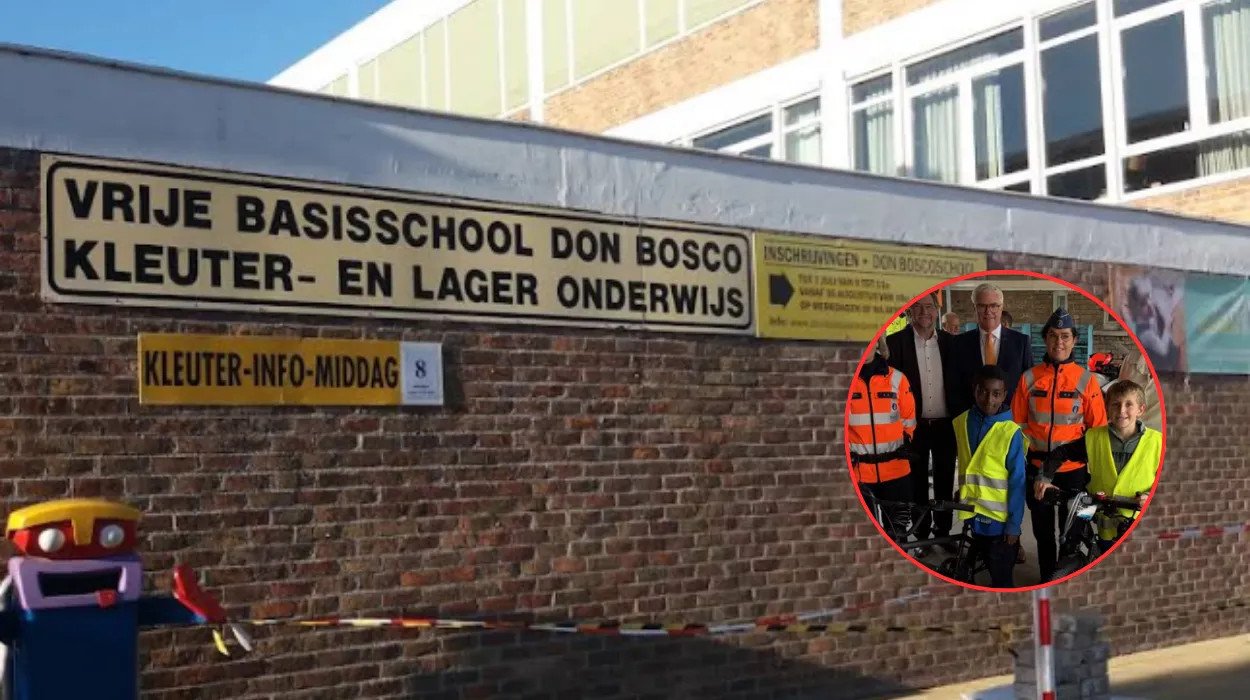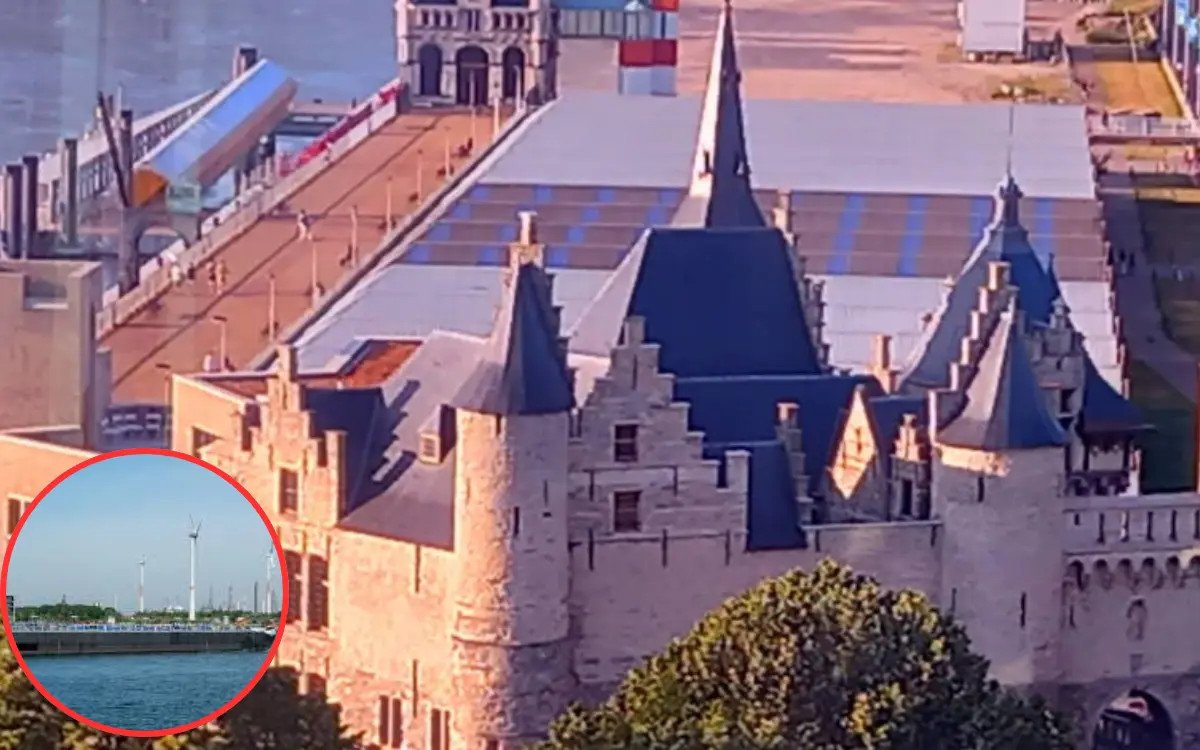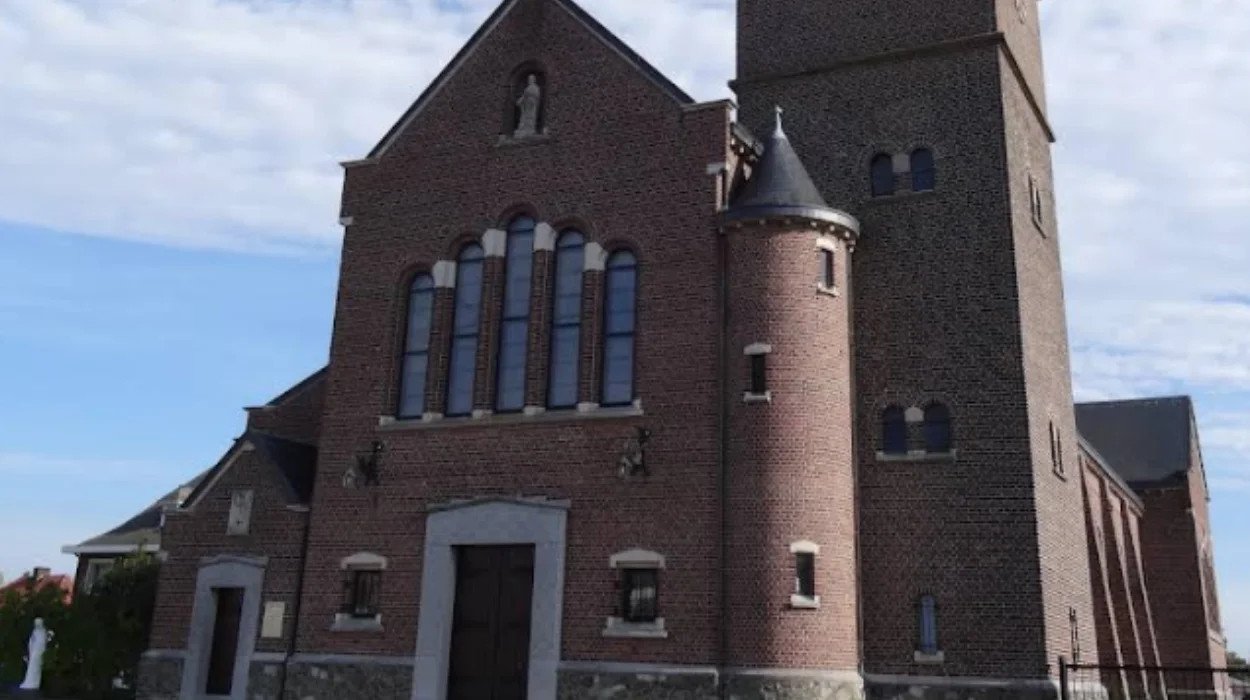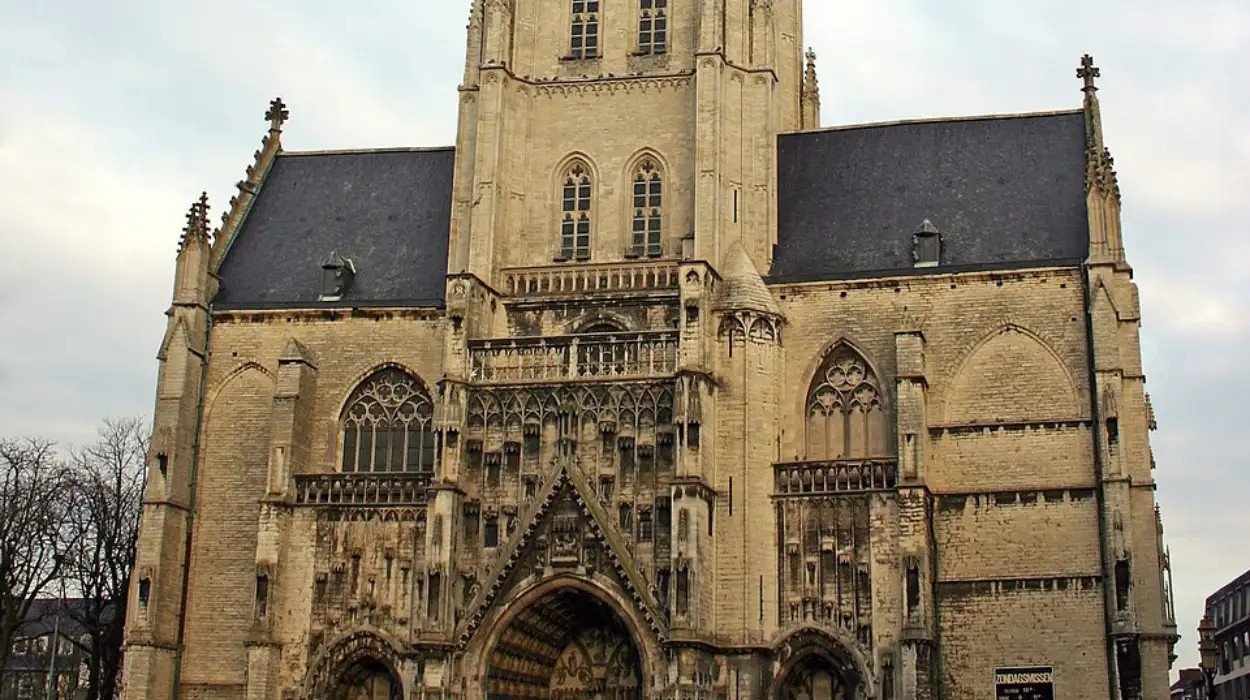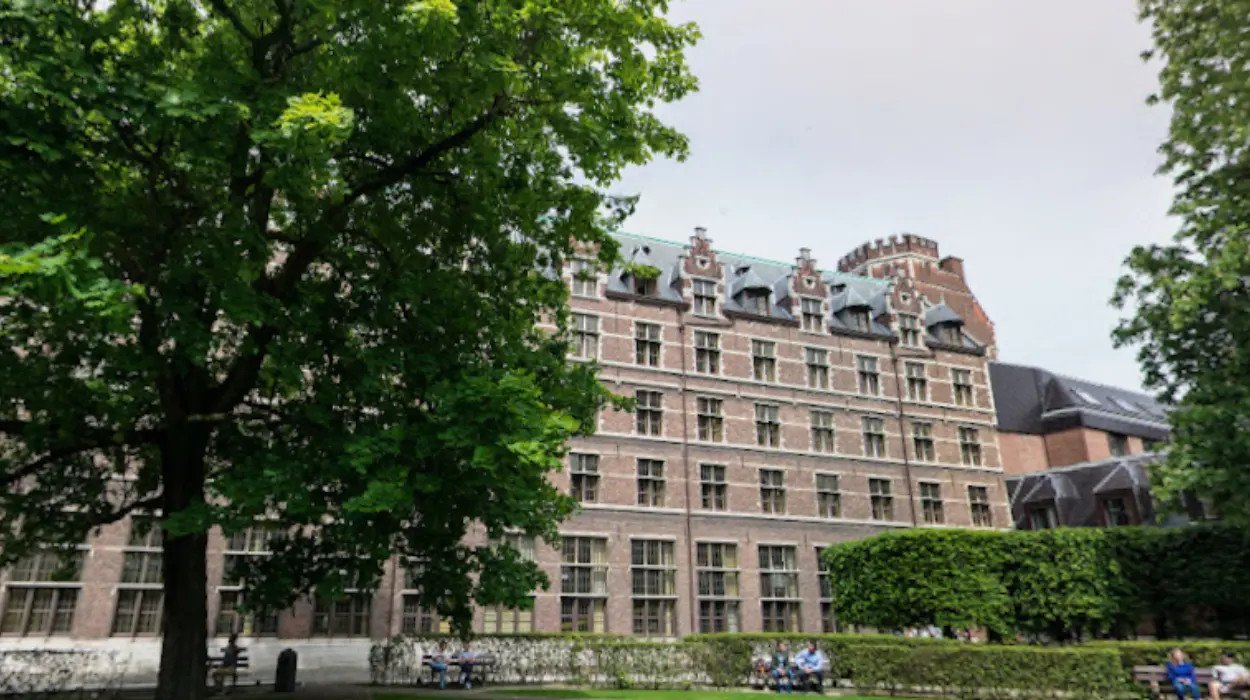On September 6, tens of thousands of Iranians and supporters of the National Council of Resistance of Iran (NCRI) gathered in Brussels for the Free Iran March, marking the first major rally of the Iranian opposition in the city since 2019. This pivotal event comes as Iranian society increasingly rejects clerical rule, a development long warned about by the Iranian Resistance, reports 24brussels.
A Nation in Revolt, A Regime in Decline
Since 2019, Iran has experienced several nationwide uprisings, most notably in November 2019, January 2020, and the women-led protests in 2022. These movements have shaken the regime, indicating that the populace is unwilling to accept clerical administration. Despite the election of Masoud Pezeshkian as president in August 2024, governmental oppression remains rampant. Over the past year, almost 1,600 executions have occurred, including those of women and minors. In July alone, public hangings claimed at least 162 lives.
The People’s Mojahedin Organization of Iran (PMOI/MEK), the main group within the NCRI, has faced severe crackdowns. The cases of Behrouz Ehsani and Mehdi Hassani, who received death sentences after excessively brief trials, have provoked urgent international condemnation. More than 530 legal experts, Nobel laureates, and former UN officials have called for the United Nations to prevent another massacre, reminiscent of the 1988 execution of about 30,000 political prisoners, primarily MEK members.
Efforts by Iranian authorities to erase historical memory include the destruction of Section 41 of Behesht-e Zahra Cemetery, where many victims of the 1980s executions rest. Families are barred from mourning as graves are bulldozed for a parking lot. Such actions represent a continued affront to humanity and reveal the regime’s fear of confronting its dark past.
Regional Shifts and the Regime’s Strategic Defeats
The Iranian regime has faced substantial challenges beyond its borders. Escalating conflicts in the Middle East have severely weakened its network of militias. The regime’s influence, particularly following the downfall of Assad in Syria, has diminished. Concurrently, its nuclear ambitions have stalled, prompting the European Union to initiate measures to reinstate UN sanctions. What Tehran has consistently denied has now come to light: the regime poses a significant threat to regional stability rather than serving as a stabilizing force.
Maryam Rajavi, the NCRI’s president-elect, emphasized this reality on her X account:
“The clerical regime’s state-sponsored terrorism and relentless warmongering across the region can only be answered through one course: the overthrow of the regime by the people of Iran and the Iranian Resistance.”
Why Europe Must Listen Now
The Iranian opposition has consistently highlighted the regime’s domestic cruelty, overseas expansionism, and nuclear dishonesty, with these truths now evident. Europe can no longer afford skepticism or indecision. The gathering in Brussels on September 6 transcends a mere rally; it signifies a moral obligation. It serves as a critical moment for European leaders to heed the voices of tens of thousands, recognizing that the path to peace and democracy in Iran lies not in war or appeasement but through supporting the Iranian populace and their organized Resistance aimed at overthrowing the regime and establishing a democratic republic in Iran.
